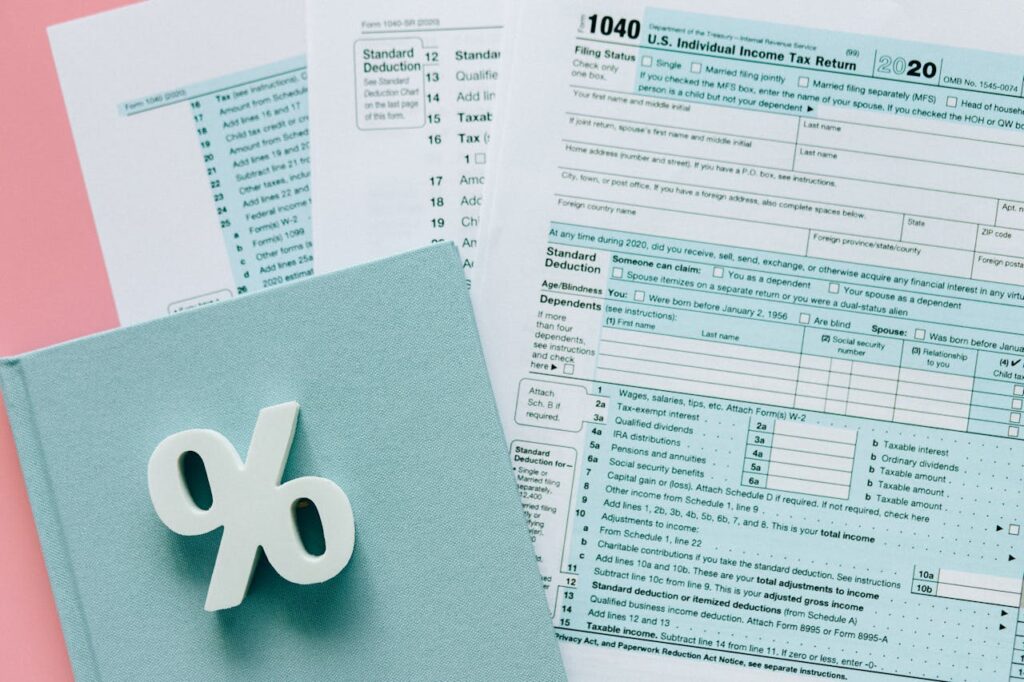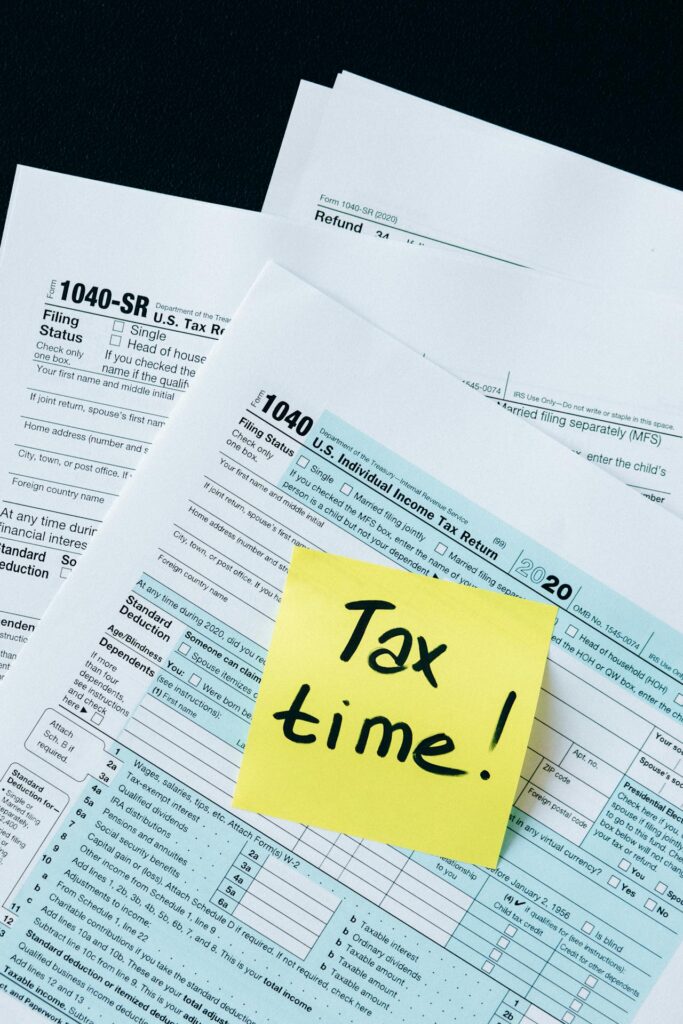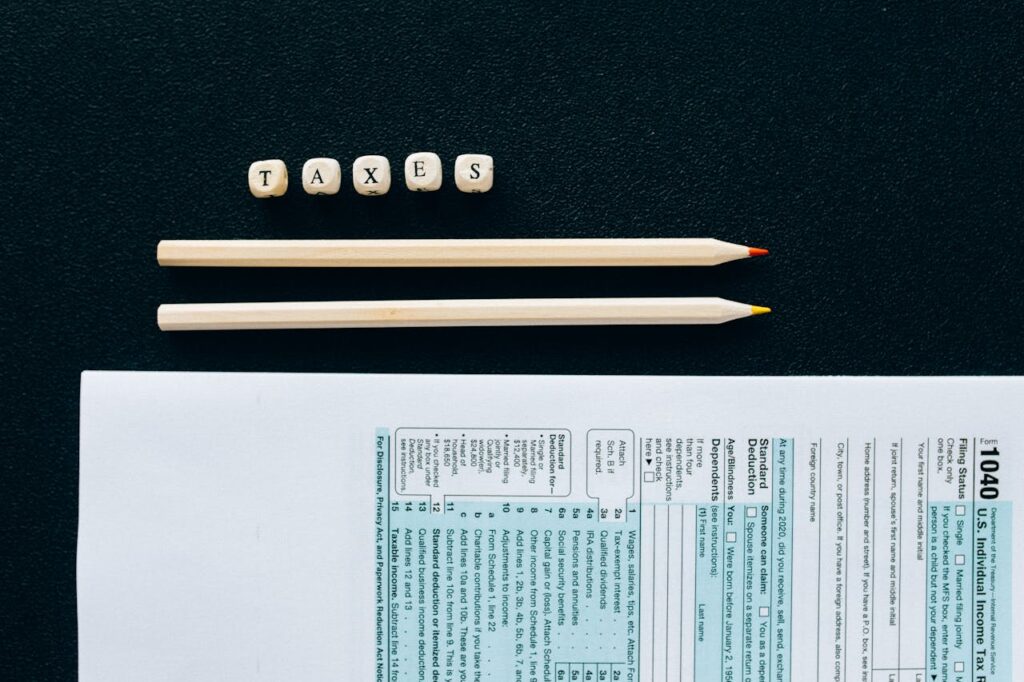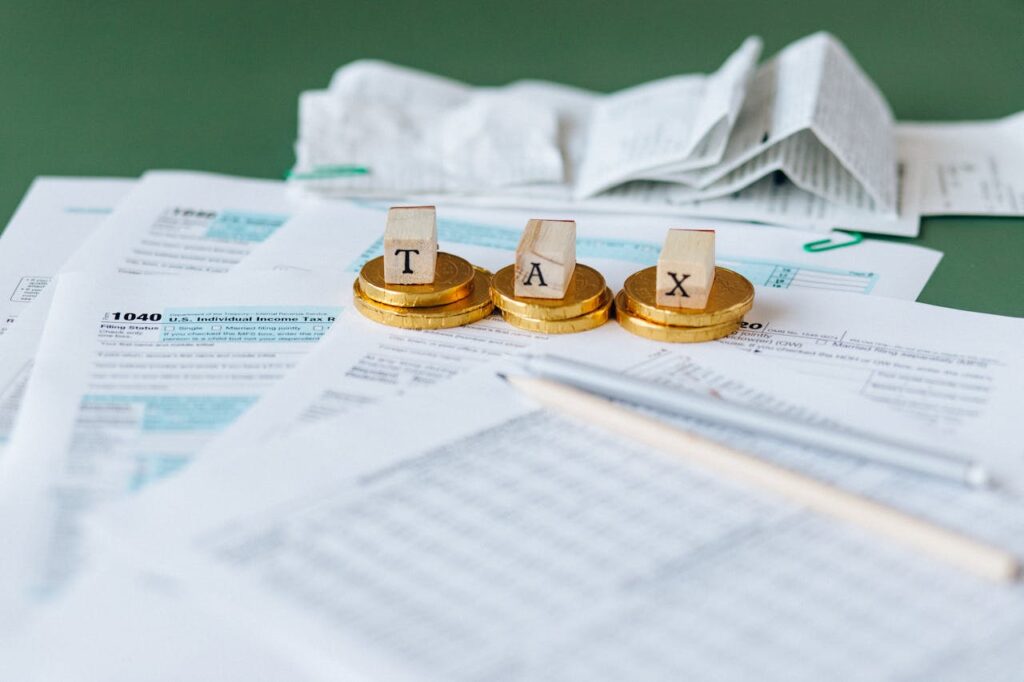Overview of US Citizens Returning from Canada Are you a U.S. citizen who has been living in Canada a...
Tag Archives: All
How Many Years Back Can the IRS Audit You? The Internal Revenue Service (IRS) generally has a three-...
What Is US Estate Tax? The US estate tax is a federal tax on the transfer of an individual’s asset...
Why Does the Canada-US Tax Treaty Exist? The tax treaty between Canada and the United States exists ...
What Is the Physical Presence Test? The Physical Presence Test is a key requirement for U.S. citizen...
Introduction For many Canadians, obtaining a U.S. Green Card opens doors to new career opportunities...
Introduction When filing taxes, one of the biggest decisions you’ll make is whether to take the st...
Introduction Financial and tax matters for physicians can be complex and difficult to navigate. A ta...
Introduction For U.S. citizens and Green Card holders, filing U.S. tax returns annually is a legal o...
Introduction Medical professionals often have unique financial circumstances, including high student...










